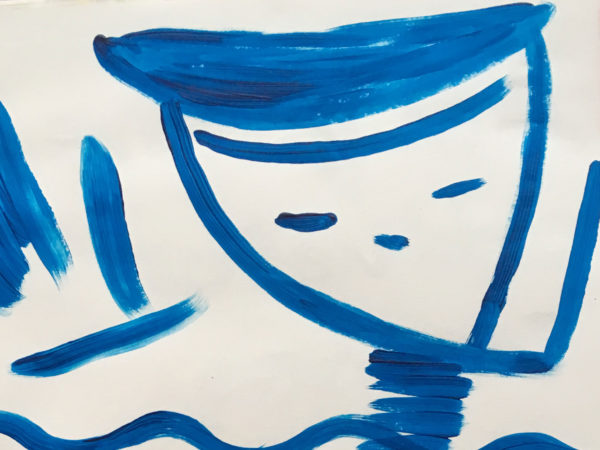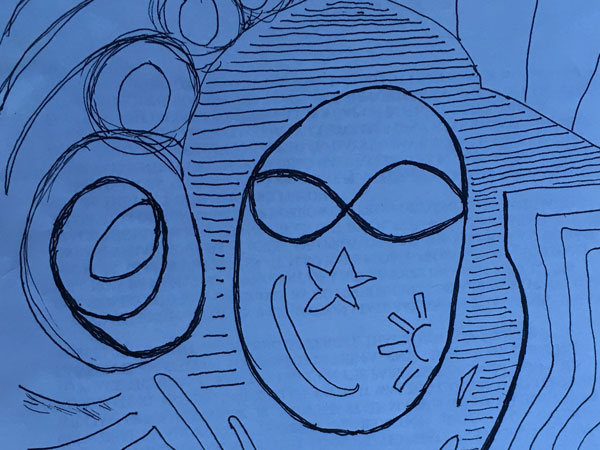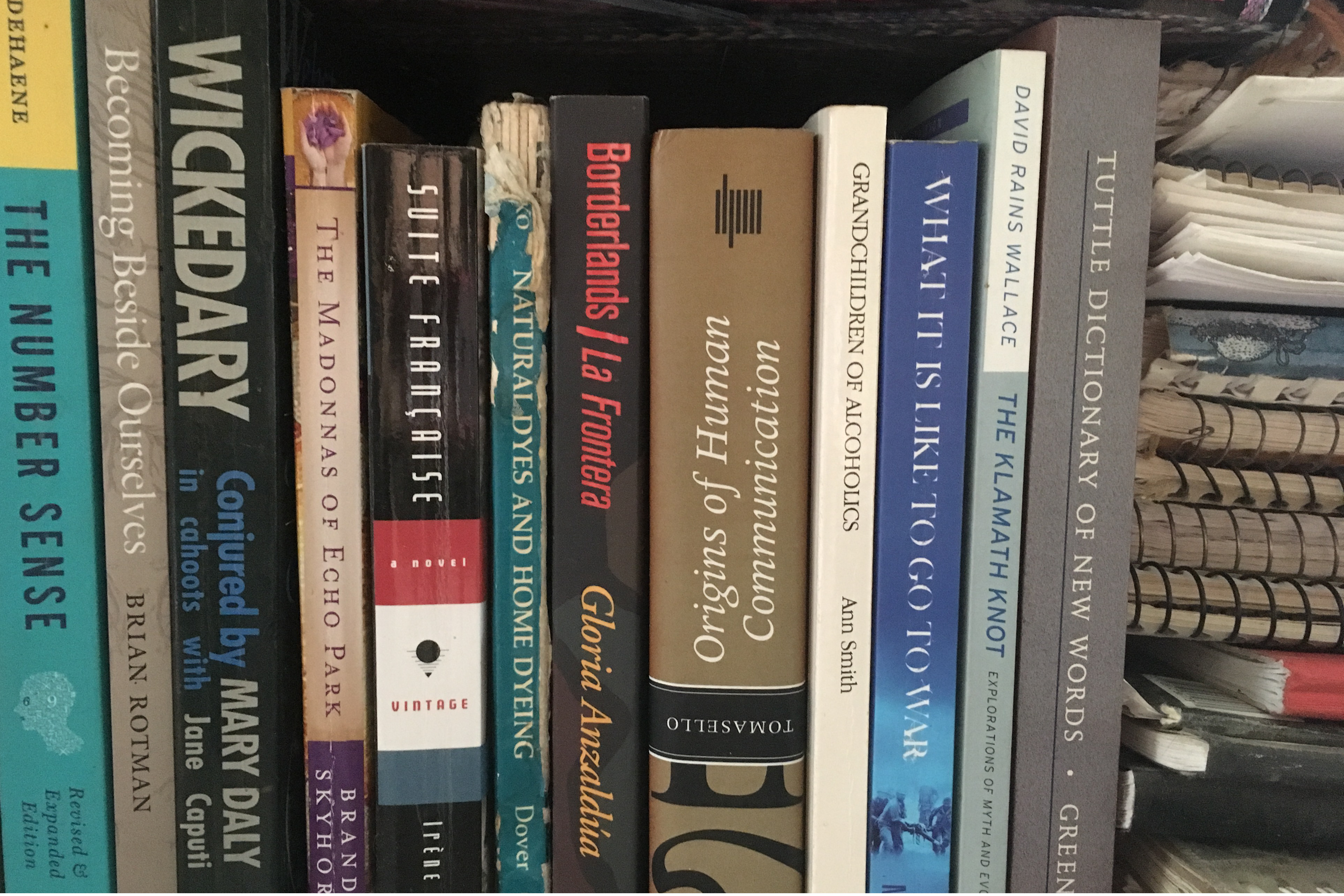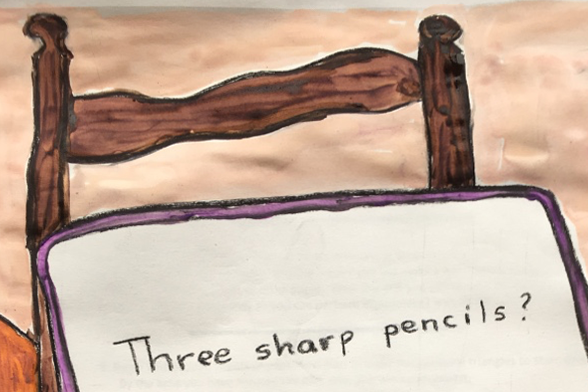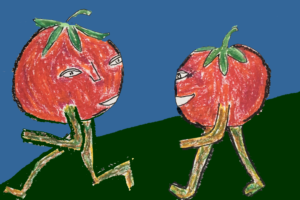 Problem Solving/Critical Thinking is how Ms. K labels the morning discussion period in her lesson plans. At the beginning of the school year, the most pressing problem the students face is how to navigate their complex classroom. There are special areas, such as the Science Table and the Classroom Library. There are special activities such as identifying the Mystery Object and solving the Riddle. Certain students have tasks in the maintenance of the classroom.
Problem Solving/Critical Thinking is how Ms. K labels the morning discussion period in her lesson plans. At the beginning of the school year, the most pressing problem the students face is how to navigate their complex classroom. There are special areas, such as the Science Table and the Classroom Library. There are special activities such as identifying the Mystery Object and solving the Riddle. Certain students have tasks in the maintenance of the classroom.
There is a lot to know, and Ms. K does not assume that anyone would automatically understand how to behave at certain times and in certain places. The problem of how the classroom works belongs to everyone. She gives them ideas for how they can all help each other so things work smoothly.
On the fourth day of school, Ms. K is still doing much of the talking in this “discussion”. She opens with a question…
“Whose job is it to erase the board at the end of the day?” Dan’s hand goes up weakly.
“Every day after everyone has gone and I’m here alone, I notice that the board hasn’t been erased. Then it’s too late to ask you to do it. Do you have a reason for not doing it?” He looks down.
“Is it because you forgot?” He looks up, nods, and looks back down.
“So there isn’t a problem with the job. The problem is in remembering to do it.” He nods.
She addresses the group. “Every day we have been working very hard right up to the very last minute of our time. I think we need to stop working a little bit sooner. Everybody needs time to get ready to leave, and Dan and other people who have jobs need have time to do them. So I’ll try to remember that. All of you can help me. With all of us here, somebody will remember that we should stop working and get ready to leave. And whoever remembers will remind the rest of us.”
She continues, “I know who else can use that extra time. The people who are in charge of the library. Who is that?” Three hands go up.
“Here’s what they do.” She picks up a book and points out the title on the spine, demonstrating how easy it is to find the book when the title is facing outward. “Then you can know what the books are without pulling them all the way off of the shelf.”
“OK, let’s check out the riddle: What did the fast tomato say to the slow tomato?” She walks to the side of the classroom where this is written on a small chalkboard that’s propped on a low shelf.
“When you have an idea for what the fast tomato might have said to the slow tomato, come over here, get one of these pieces of paper, write your answer on it, and put it in this box here. Julie, come over and check to see if anyone has put a response in yet.”
Julie, who had contributed the riddle, hops up and checks, reporting, “Just one!”
“When is a good time to do this?” she asks. “We want lots of people to have a chance to try before Friday when Julie tells us the answer.”
Sandra volunteers, “In the morning when we get here, or just before you go home.”
“These are both good times. Or you can do it when we stop early for jobs and you don’t have a job to do. Or just before or just after recess. You can be thinking about fast tomatoes and slow tomatoes all the time, though, and when you have an idea for what the fast tomato probably said, you say something to yourself like, ‘Oh, I have to remember at the end of recess to hurry in while everybody is being kind of slow, walking to their seats. I will grab one of those pieces of paper and write down my answer, and then put it here in this box.’”
Anna’s hand has been up for a while. “Can I try the riddle now?”
“No. Now is not a good time. Who can remind Anna to try the riddle before recess?”
This is part of a sequence of essays about visits to Room 103. Names and other identifying details have been altered to protect people’s privacy.
